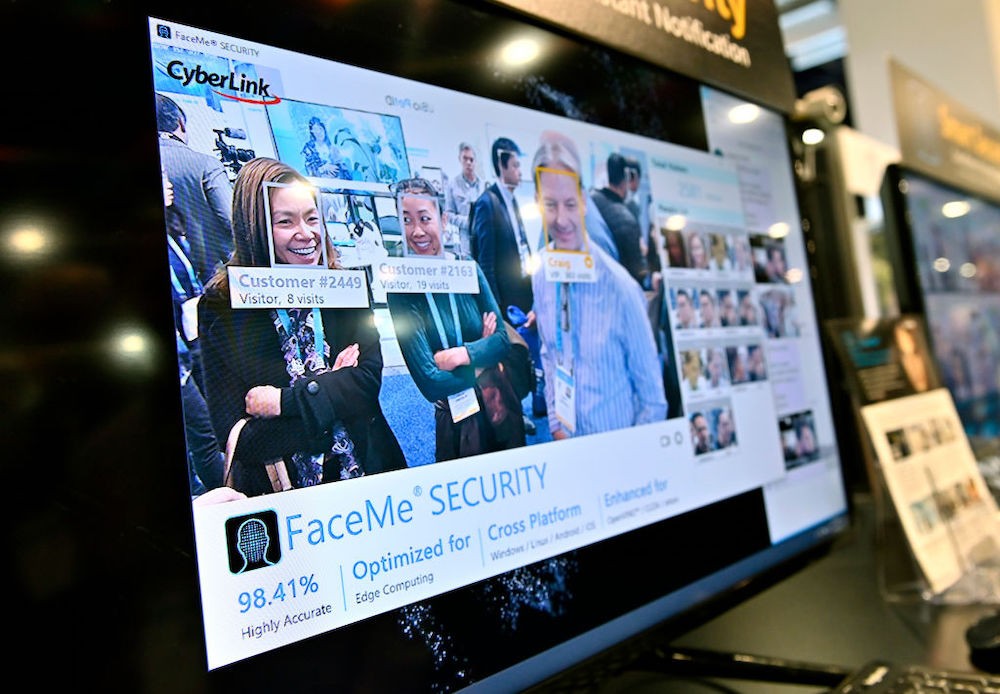- Protests against police brutality have led three major tech companies to pull back from facial recognition technology.
- Momentum is building against the use of facial recognition software by governments and companies.
- While it is unlikely governments will ever completely ban the technology, companies may be cautious in adopting it, Aragon Research says.
Weeks of protests against police brutality are producing a backlash against facial recognition technology, long criticized for discriminating against people based on skin color and for violating privacy rights.
This month, Amazon and Microsoft announced they would stop providing their facial recognition software to police departments — at least temporarily — while IBM said it plans to stop work on the technology almost entirely.
“Facial recognition is biased against people of color, against the elderly, against children… pretty much against everybody but middle-aged white men,” Alan Fox Cahn, founder of privacy advocate group Surveillance Technology Oversight Project, told Karma. He said the goal should be “a complete and total ban” on facial recognition technology, which is already commonly used to unlock iPhones or speed some travelers through airport security lines.
Research over the last few years has provided plenty of evidence that the technology discriminates. For instance, a study by the National Institute of Standards and Technology found a higher rate of false positives for Asian and African-American faces, particularly African-American women.
Concerns about the discrimination has led to efforts to ban or at least suspend the technology in the U.S. More than 40 privacy and civil rights organizations earlier this year called for the federal government to suspend its use until further review, while some cities, including San Francisco and Oakland, California, have banned the technology, which some complain is being used in surveillance to identify and track Black Lives Matter members protesting legally.
“It’s been a gathering storm for years,” Cahn said. “People wake up to the dangers of these technologies. It’s a matter of life and death.”
George Floyd’s killing — while unrelated to facial recognition — added to concerns many communities already felt about the police. “With more surveillance, there will be more police stops, more wrongful deaths, more police violence,” Cahn said.
It is unlikely that technology can ever be free of discrimination, according to Red Rabbit Research, a consulting company that sells clothing and other products aimed at confusing recognition software.
“There are biases in the data that is being used,” Red Rabbit’s David Evans told Karma. “It might even be impossible to balance data sets to eliminate all bias.”
Some critics said that the three tech companies are using the concerns about discrimination simply to step away from a competition they were not winning.
“This isn’t about anti-police “wokeness,”’ U.S. Representative Matt Gaetz tweeted. “Microsoft, Amazon and IBM were losing the facial recognition race to Clearview so they stopped running.”
As far as companies adopting the technology, they will be cautious, Patricia Lundy, marketing director of Aragon Research, told Karma in emailed comments.
“Right now, the sentiment around facial recognition technology is not overwhelmingly positive,” Lundy wrote. “We think they will take a wait-and-see approach.”
Aragon’s advises companies interested in the software to hire a digital ethicist, someone “trained and dedicated to understanding the implications of technology-enabled decisions, and to helping individuals and organizations weigh the ethical and moral impacts of these decisions.”
Even if police use is limited, many governments will continue to use the software, Lundy said.
Cahn disagreed.
“We are seeing a growing number of jurisdictions where it is being banned,” he said. “One day, we may look back and see that we dodged a bullet.”
Photo by David Becker/Getty Images






















